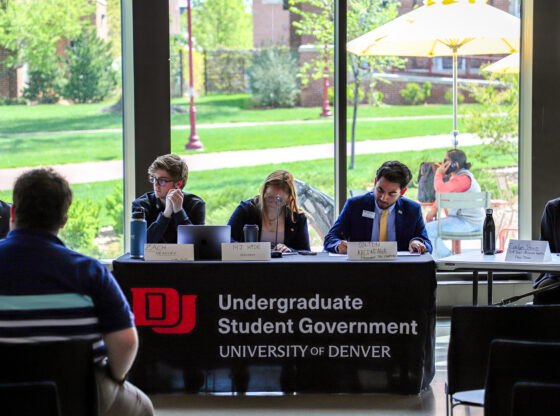On Oct. 13, the House Select Committee to Investigate the January 6th Attack issued a subpoena to former President Donald Trump. All nine members of the committee voted in favor of the motion for Trump to testify in front of the panel. The subpoena was only part of the ninth and final public hearing as the committee attempted to paint a broader picture of presidential involvement in the insurrection with new evidence.
Recovered text messages between Secret Service members in the days leading up to the attack suggested prior knowledge about potential violence on Jan. 6. Further witness testimonials, all prerecorded, helped corroborate prior testimony by Former White House aide Cassidy Hutchinson and other White House officials.
In an interview with NPR All Things Considered, Representative Pete Aguilar (D-Calif.) explained the Oct. 13 subpoena was not an unprecedented move and instead reflected the committee’s responsibility to investigate all aspects of the insurrection.
“It would be unprecedented if we didn’t do our job and if we didn’t seek to turnover every rock to find out what happened on that violent insurrection, or if we gave the former president a pass to not share his side of the story,” Aguilar said.
It remains unclear if Trump will cooperate with the committee. Posting on his Truth Social platform, Trump questioned why the panel had waited so long, calling the investigation “a total bust.” He has previously denounced the cooperative testimony from his daughter, Ivanka Trump, and son-in-law, Jared Kushner.
While political experts argue the subpoena is largely symbolic in nature, the measure presents a rare opportunity for Trump to take the national spotlight prior to the midterm elections. Trump has allegedly told aides he favors testifying as long as it is a live public hearing.
Only one former president has been subpoenaed by Congress. President Harry Truman was called to testify in 1953, but declined the subpoena by arguing it would set a dangerous precedent for separation of power between the executive and legislative branch.
Failing to comply with a congressional subpoena is a federal misdemeanor, and is punishable by up to 12 months imprisonment. Should an individual refuse to comply, the House can vote on a Department of Justice referral which could progress to civil proceedings or criminal prosecution referrals.
During the ongoing investigations into the insurrection, the House Committee relied on nearly 1000 witness testimonials. Thus far, Congress has only referred four individuals to the Justice Department for failure to comply with subpoenas. Two of these individuals, former Trump advisors Peter Navarro and Steve Bannon, have been indicted on charges of contempt of Congress.
In addition to the House Committee hearings, lawmakers have also engaged in rare bipartisanship to ensure future presidential candidates are unable to abuse the Congressional ceremonial vote count for personal gain.
In September, the House passed a new version of the Electoral Count Act which the Senate is expected to consider during the November session. The Senate version of this Act has notably been sponsored by Republican Sen. Minority Leader Mitch McConnell.
These bills will primarily affirm the ceremonial role of the vice president during the vote count in aims to minimize chances for presidential coercion. The bills would also raise the threshold for Congressional objections to electoral vote counts which currently require a single challenger in both chambers. The new House bill would require at least a one-third majority support of the challenge, whereas the Senate bill would require just one-fifth majority support.











